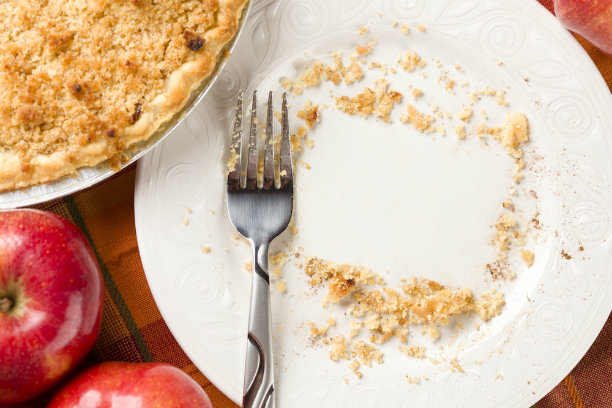Don't Be That Guy: 10 Ways You Didn't Know You're Being Rude
When you meet people for the first time, you make a judgment call about their personality. The way they shake your hand, the tone in which they speak to you, their facial expressions — all of it is a small window into who someone is as a person. Those manners and mannerisms are all indicative of something. A "please" and "thank you" shows that a person is polite. A firm handshake indicates confidence. Across the nation there are many gestures and practices that we find acceptable and mean the same thing. But around the world what we deem as proper etiquette or simple acceptable behavior could be very different.
Click here for the 10 Ways You Didn't Know You're Being Rude (Slideshow)
Ever sit down at a friend's table and not see your favorite condiment out? With a polite please and a simple ask, you can totally request the missing condiment from your host. However, if you are in Portugal, you should never do that — it is an insult to the host. If you are a right-handed person, you probably don't even think twice about picking up your utensils with your beloved right hand. However when dining in India, you'd better be keeping that right hand in your lap during dinnertime, as the right hand is thought to be very dirty.
These simple gestures and small mannerisms matter in all of your social interactions. And just as you scorn folks who don't know how to act properly according to your own culture's traditions, if you travel to these countries and commit these simple, seemingly "universal" blunders, you won't be looked upon favorably either. So avoid the awkward moment and read up on these easy-to-make cultural mistakes. You'll be glad you did!
Hand Gestures

What culture doesn't talk with their hands? A universal behavior, hand gestures help us to emphasize a point we are making or even speak for us when we are at a loss for words. But did you know that your simple hand gesture could be obscenely offensive in other countries? A thumbs up in America means approval, but in Iran this gesture loosely means "up yours."
Don't Clear Your Plate

In America, clearing your plate is a sign of approval of the meal you just enjoyed. In China, clearing your plate as a sign of gratitude just makes more work for the host or hostess, as they are now required (by their conception of good manners) to keep refilling your plate. Instead, just periodically thank a host for their generosity.
Click here for more tips when traveling!
This article was originally published on June 5, 2014
